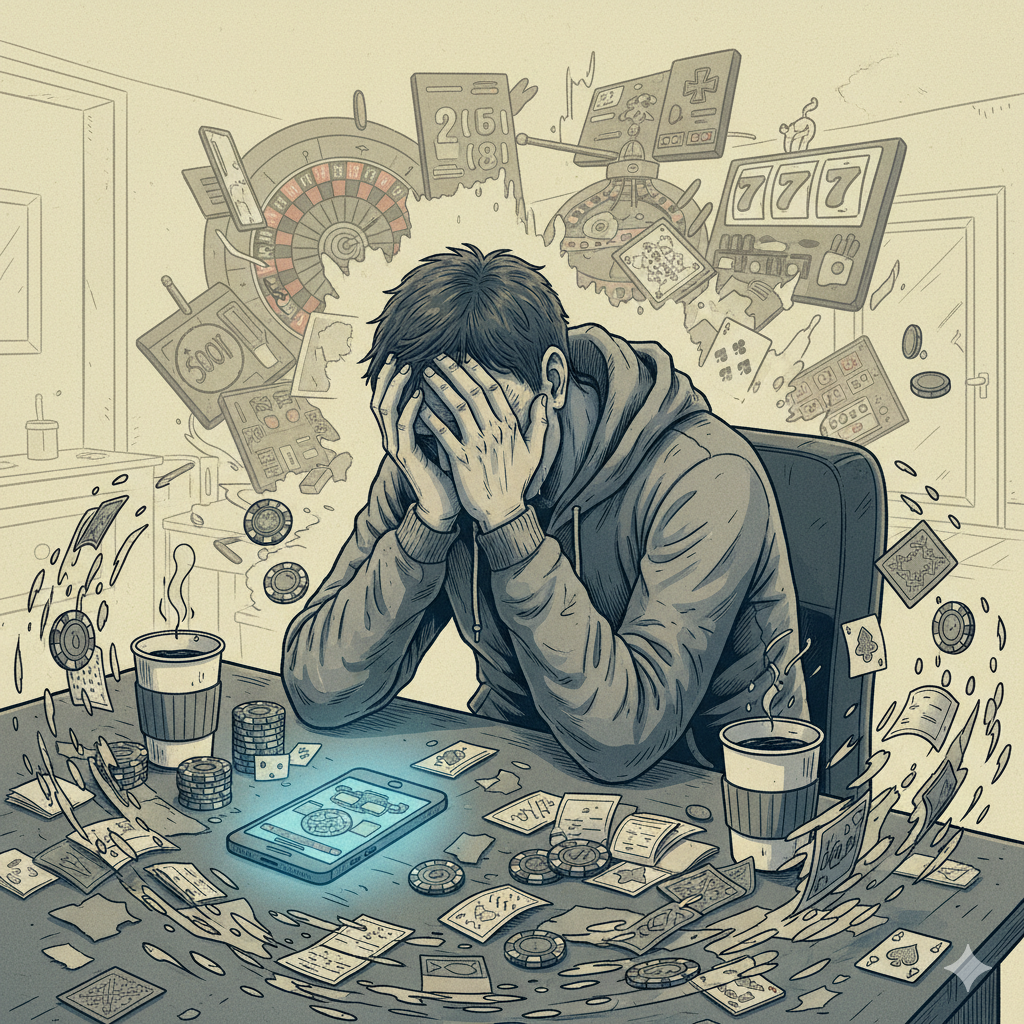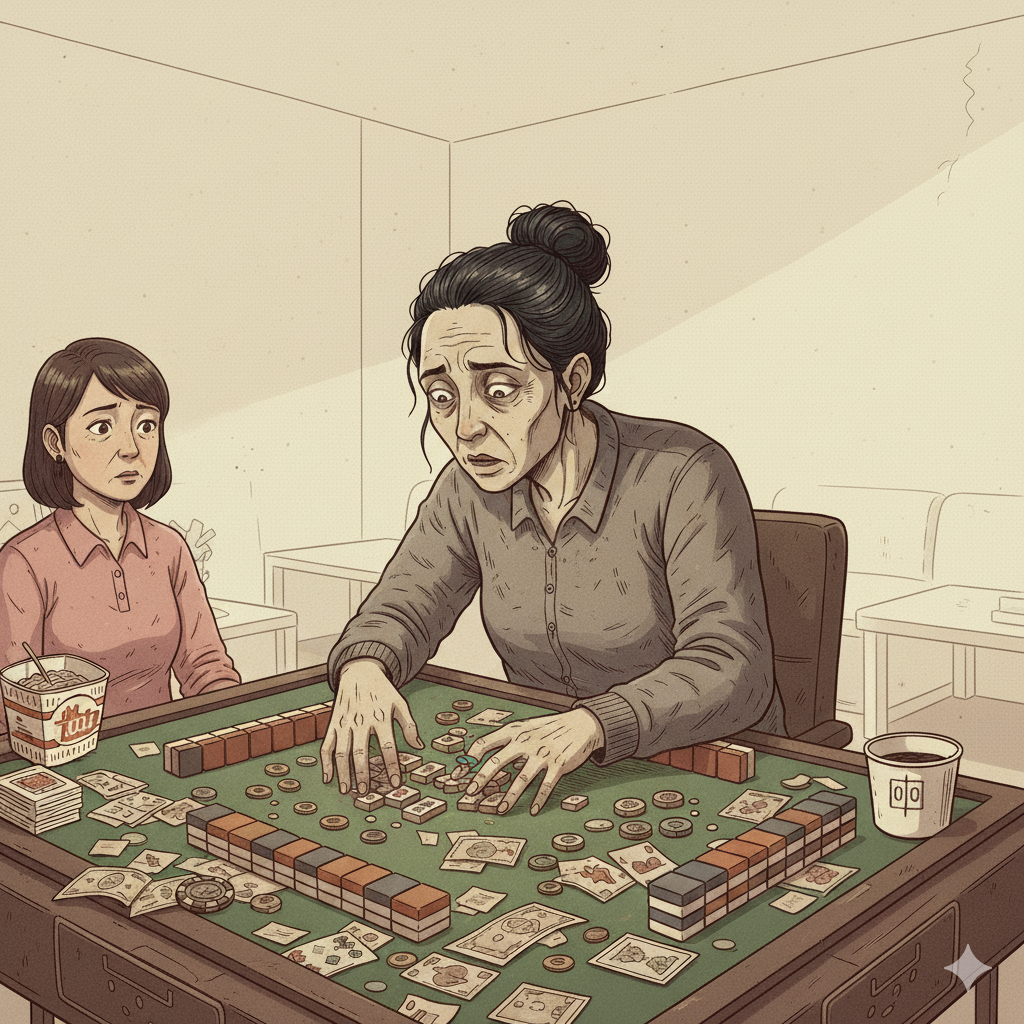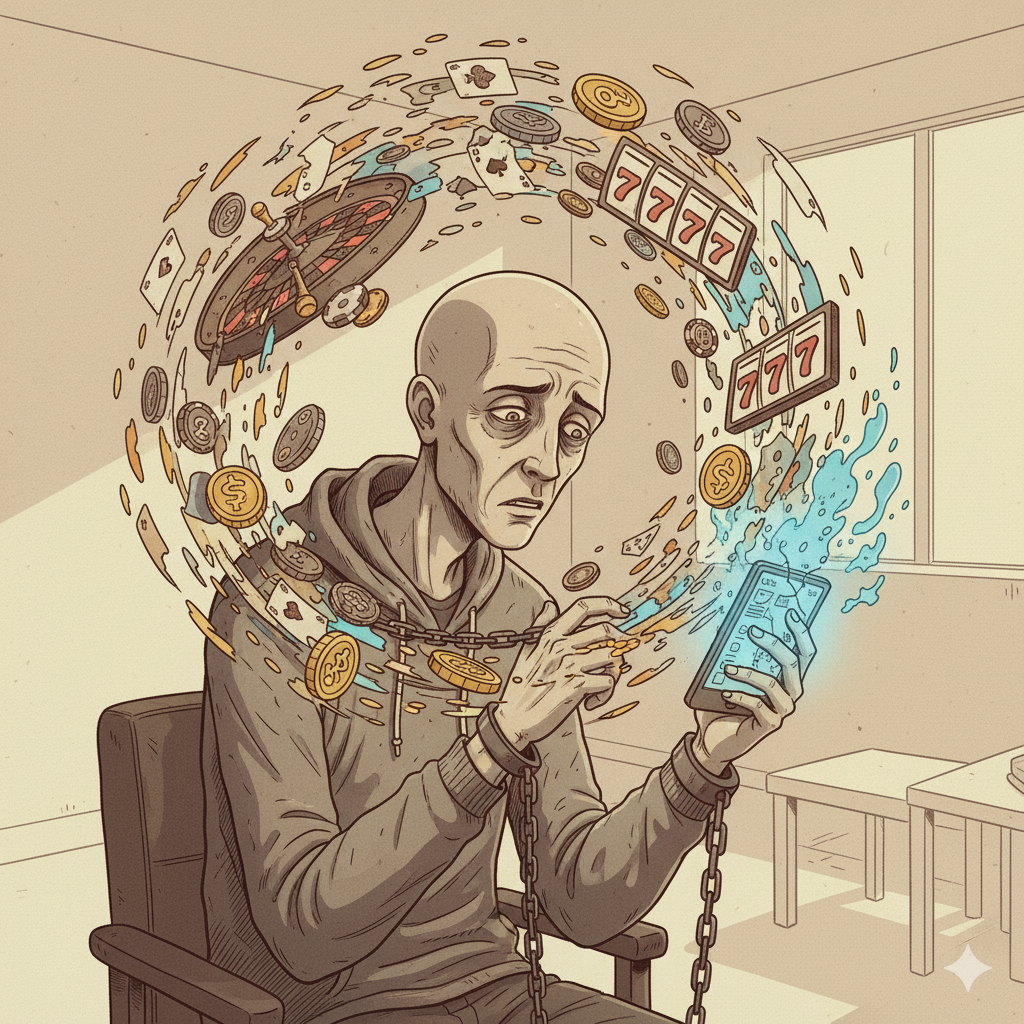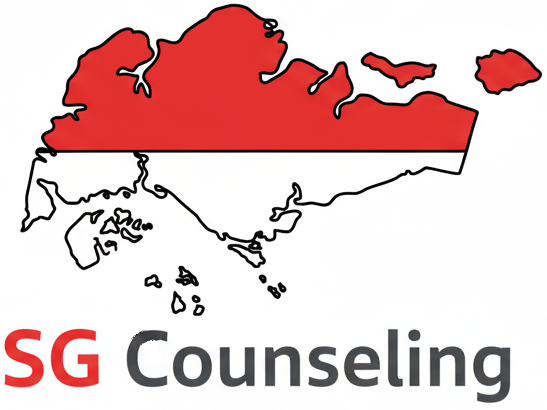Gambling Therapy

Counselling Can Help to Get Control Over the problem gambling
Gambling counselling helps the client with problem gambling gain self-awareness and understand why he/she gambles and how to develop capacity to self-manage. Gambling counselling assists the client deal with unhelpful thinking patterns that sustain the beliefs about winning. It explores the history and development of the gambling problem, it engages the attendant emotions attached to gambling, explores the addictive themes, vulnerabilities, triggers and urges. Clients will be supported with homework assignments and new strategies to resist gambling behaviour.
If you believe you have a gambling problem or you have a family member who you believe needs counselling for problem gambling, please call us to make an appointment.
Signs of Problem Gambling
- Often preoccupied with gambling
- Often gambles when feeling distressed (e.g. helpless, guilty, anxious, depressed)
- After losing money gambling, often returns another day to get even (“chasing” one’s losses)
- Lies to conceal the extent of involvement with gambling
- Has jeopardised or lost a significant relationship, job, or educational or career opportunity because of gambling
- Relies on others to provide money to relieve desperate financial situations caused by gambling
Exhibiting any one of these signs may indicate that gambling has become a problem.


Compulsive Gambling
Compulsive gambling, also called gambling disorder, is the uncontrollable urge to keep gambling despite the toll it takes on your life. Gambling means that you’re willing to risk something you value in the hope of getting something of even greater value.
Gambling can stimulate the brain’s reward system much like drugs or alcohol can, leading to addiction. If you have a problem with compulsive gambling, you may continually chase bets that lead to losses, hide your behaviour, deplete savings, accumulate debt, or even resort to theft or fraud to support your addiction.
Compulsive gambling is a serious condition that can destroy lives. Although treating compulsive gambling can be challenging, many people who struggle with gambling have found help through professional treatment.
Symptoms of Compulsive Gambling Disorder
- Needing to gamble with increasing amounts of money to get the same thrill.
- Trying to control, cut back or stop gambling, without success.
- Feeling restless or irritable when you try to cut down on gambling.
- Gambling to escape problems or relieve feelings of helplessness, guilt, anxiety or depression.
- Resorting to theft or fraud to get gambling money.
Unlike most casual gamblers who stop when losing or set a loss limit, people with a gambling problem are compelled to keep playing to recover their money – a pattern that becomes increasingly destructive over time.
